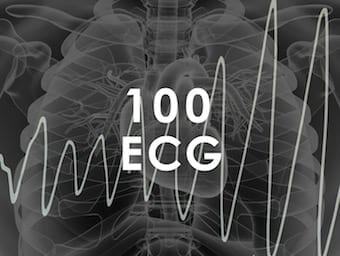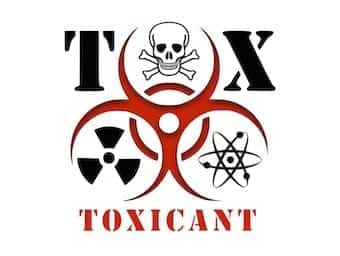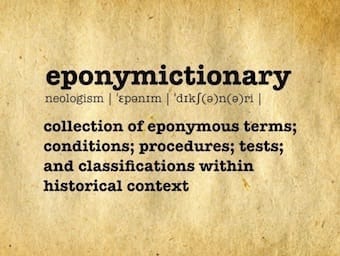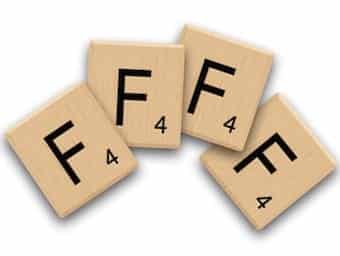
ECG Case 081
A 74 yr old patient presents to the ER having suffered several episodes of chest pain over the preceding 24 hours. Describe and interpret his ECGs. LITFL Top 100 ECG

A 74 yr old patient presents to the ER having suffered several episodes of chest pain over the preceding 24 hours. Describe and interpret his ECGs. LITFL Top 100 ECG

Strychnine has had a colorful history from Wes Anderson's "The Grand Budapest Hotel" to Tovery swallowing some down with a charcoal chaser to prove how effective charcoal can be at the French Academy of Medicine in 1831

Paraquat is a widely used herbicide and is unique in toxicology for a couple of reasons. Firstly supplemental oxygen should be avoided due to the risk of developing oxygen free radicals. Secondly treatment does not follow the usual RRSIDEAD approach, patients require immediate decontamination to prevent a lethal outcome.

Organophosphate and carbamate insecticides are responsible for 100,000+ deaths worldwide, particularly in developing countries due to its availability. Organophosphorus agents can be broken down into three groups:

Chlorinated pesticides are widely used in agriculture but the most common source or organochlorines is Lindane, used for the treatment of head lice. Acute ingestion or repeated large dermal expose causes neurological toxicity which can lead to seizures and a coma.

Hydrogen Peroxide is an oxidising agent used widely in domestic and industrial products. It causes damage by three main mechanisms: direct corrosive injury, oxygen gas formation and lipid peroxidation.

Hydrofluoric acid is found in car wheel cleaners, rust removal and glass etching solutions. Classically the person will present with pain out of proportion hours after dermal exposure.

Glyphosate is a widely used herbicide. It can cause gastrointestinal corrosive symptoms and due to the surfactant that is present a severe metabolic acidosis, hyperkalaemia and cardiovascular collapse can occur.

Corrosive ingestion: Patients who are asymptomatic at 4 hours and tolerating oral fluids can be medically cleared. Symptomatic patients need to remain nil by mouth and are admitted for observation and further investigation within 24 hours. Management is then directed dependent on these findings.

Dressler syndrome: Fibrinous or fibrinohaemorrhagic secondary pericarditis that occurs as a result of injury to the heart or pericardium, either from myocardial infarction (MI) or cardiac surgery. Also known as post myocardial infarction syndrome

Some good old fashioned medical trivia FFFF, introducing the Funtabulous International Women's Day Quiz for 2019 with Dr Colleen Taylor

Funtabulously Frivolous Friday Five 191 - Just when you thought your brain could unwind on a Friday, some medical trivia FFFF.